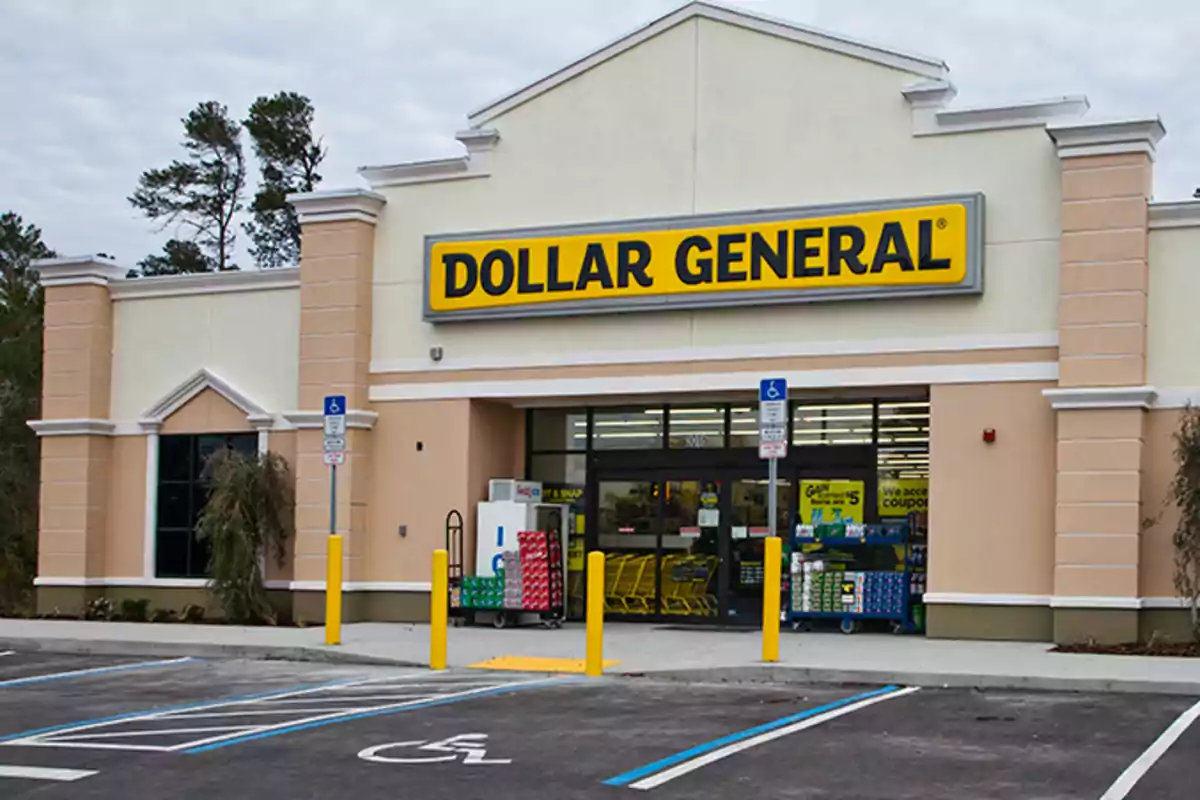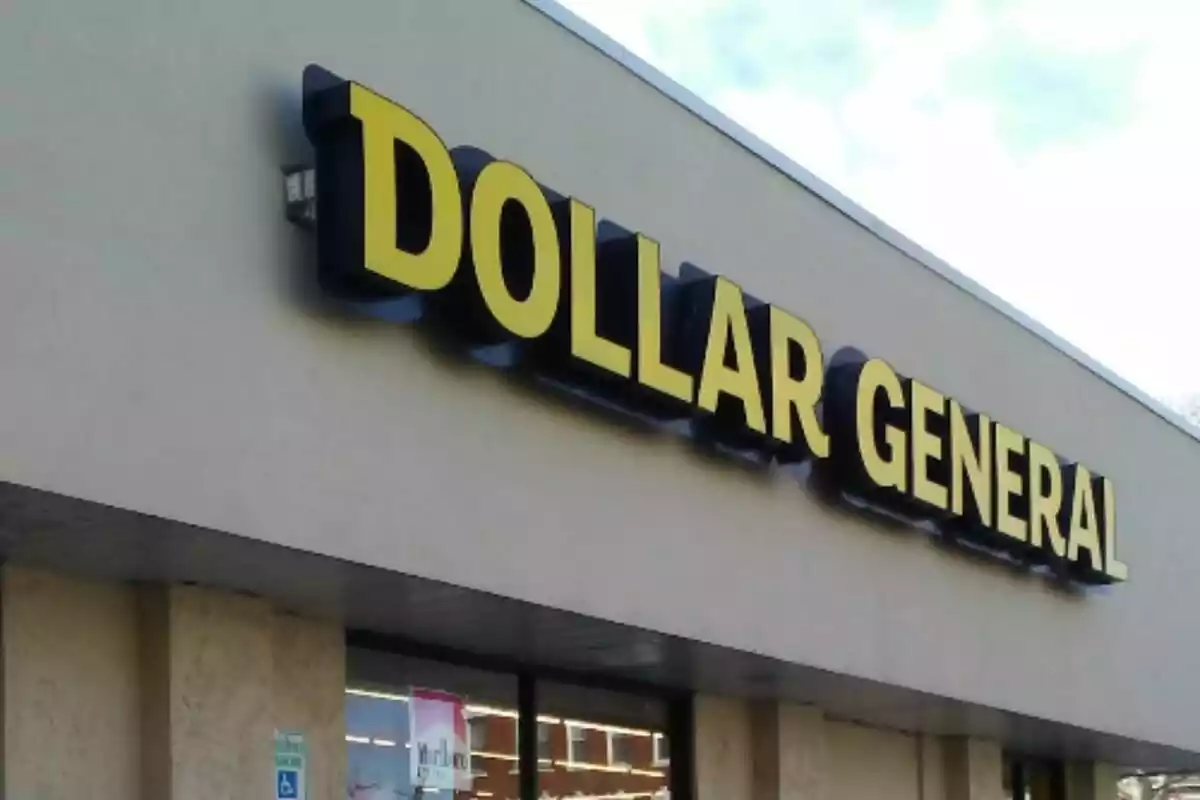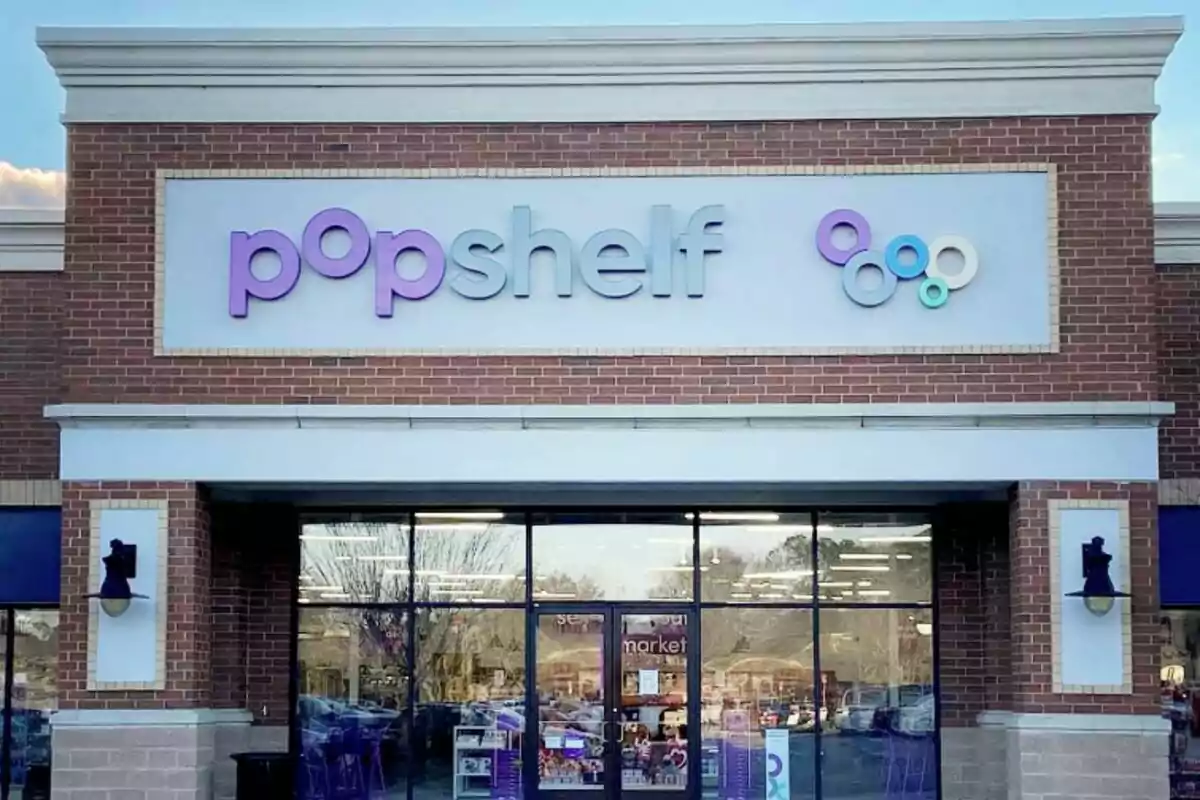Store closures are often seen as a sign of crisis, but that's not always the case. Many chains routinely make adjustments to their network of locations to adapt to the market. However, when closures are massive, the impact on communities becomes impossible to ignore.
In this case, the well-known company Dollar General has announced the permanent closure of more than 100 locations across the United States. According to its CEO, Todd Vasos, the decision is the result of a thorough analysis of its real estate portfolio. The goal is to optimize resources and strengthen its long-term strategy.

A decision that affects many communities
Dollar General will close 96 stores of its main brand, greatly affecting urban areas. These locations have become difficult to operate due to changes in profitability and consumer habits. Vasos explained that many of these stores would have closed at the end of their lease agreements.
"This is less than 1% of our network, but these stores face major challenges," Vasos noted during the fourth quarter earnings call. For the company, anticipating these closures allows them to reassign their resources more effectively. This way, they seek to keep financial strength and guarantee service where it's most needed.
The closure of these stores isn't a decision taken lightly, since Dollar General plays a key role in communities with limited access to supermarkets. In many cases, their locations are the only nearby option for buying food and basic products, according to The Street. This is especially concerning in areas where customers have limited mobility.

The impact on PopShelf and the future strategy
In addition to the Dollar General stores, the company will also close several locations of its PopShelf brand. In total, 51 closures have been identified for this brand specializing in low-cost home goods. PopShelf competed with chains like Five Below, offering everything from decor to toys and beauty products.
"After reviewing the performance and projection of our PopShelf portfolio, we found 51 candidates for closure," Vasos explained. Of those, six will be converted into Dollar General and 45 will close permanently. After this restructuring, 180 locations will remain under the PopShelf brand.

The company insists that they still support this format. "We're optimistic about PopShelf and trust we'll improve results in 2025," Vasos stated. Meanwhile, the reorganization seeks to consolidate the brand in more profitable locations with greater growth potential.
This "optimization" strategy isn't new for large chains. After the Covid-19 pandemic, many businesses had to adjust their physical presence due to the drop in office traffic. Fewer people commute each day, reducing the clientele of thousands of stores and coffee shops. In this context, Dollar General continues to evaluate its locations to ensure long-term viability.

